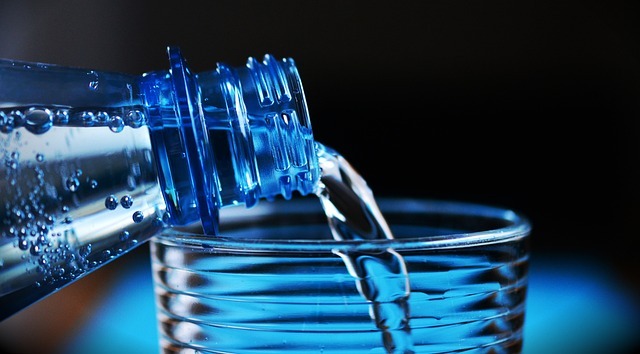Do you find it hard being a female triathlete? Balancing work, family life and training can be hard enough but as females we also have to balance the effects of our hormones which can be difficult to say the least! Alongside this being a female involved in sport at any level these days is tough because of the desire to be a certain body shape or physique coupled with the constant barrage of faddy diets on social media. This can put females under incredible pressure to lose weight which for some can lead to disordered eating and long-term health effects.
Good Nutrition plays a vital role in making sure we look after our bodies from the inside out regulating our hormones, bone health and fertility and giving us the energy to meet the demands of sport, work and life. Get your nutrition right and you can reap the performance rewards, get it wrong and you can feel tired, moody, lethargic and can run the risk of developing illnesses and injuries – nobody wants that!
I’m here to tell you that you can train, look after yourself, perform at your best and have time for the things that are important in your life, it’s just sometimes you need a bit of help and sound evidence-based advice to get you there! Read on for some expert Sport Dietitian Nutrition Tips on how to look after yourself as a Female Endurance Triathlete.
- 1. Be careful not to over restrict your energy intake. In my work as A Sports Dietitian I see a lot of female athletes who are undereating and over restricting their energy intake. They all report the same thing ‘I am eating hardly anything, training but not losing weight. I can’t understand it?’ Over-restricting your energy intake can actually cause your metabolic rate (the rate at which your body burns energy) to drop which can make it harder for you to lose weight. Energy restriction can also compromise your health, performance and immunity. If you are trying to lose weight it’s important to introduce a sensible calorie deficit to achieve a slow, gradual weight loss maximum (1-2lb per week). If you need guidance speak to a Sports Dietitian or Performance Nutritionist who can analyse your intake and provide you with a sensible plan and guidance.
- 2. Eat a healthy balanced diet. When training regularly it’s important not to skip meals. Regular meals keep your blood glucose levels stable throughout the day and your energy levels topped up. Your meals should contain a balance of carbohydrate (for energy) protein (for recovery) and fruit and vegetables (for vitamins and minerals). The athletes plate gives an useful guide how to balance your meals depending on the intensity of your training. Balancing your meals against your training is important – some days you will need more carbohydrate (or energy) compared to other days and it’s important to match your intake to your training – this is also called ‘Fuelling for the work required’.

- Choose Good Quality Food Sources. When choosing carbohydrate choose wholegrain varieties e.g. wholegrain bread, pasta and rice. Choose good quality protein sources e.g. white fish, lean meat, cheese, yoghurt, cottage cheese, lentils and pulses. Choose healthy fats e.g. olive oil and rapeseed oil instead of saturated fats.
- Don’t neglect fuelling and recovery. I see many female athletes neglect these key areas. Fuelling during training ensures you perform well and is important for immunity and recovery after training. For training >60-90mins fuelling in the form of carbohydrate becomes important with carbohydrate requirements depending on the length and intensity of training undertaken and varying between 30g/hr up to 90g/hr for some endurance events. Recovery after training sessions lasting >60-90mins should focus on 3 key areas – Rehydration, Replenishing Glycogen or Carbohydrate stores and Promoting muscle protein synthesis. Don’t neglect the recovery window – make it work for you!
- Get enough Iron! Iron deficiency is common in up to 30% of female athletes. Although not ‘anaemic’ many female athletes have ‘non-anaemic iron deficiency’. This can reduce the amount of oxygen delivered to muscles during exercise reducing the maximal oxygen consumption (VO2 max) your endurance capacity and performance. The cause can be due to increased blood losses in training or a deficient dietary intake. Symptoms of iron deficiency include tiredness, chronic fatigue, headaches, breathlessness during exercise, injuries and lack of endurance during exercise. The UK recommended intake of iron for female athletes 19-50 years is 14.8 mg and 8.7mg for females >50 years. It is important that female athletes include iron rich foods in their diets on a daily basis and consult with their GP, Sports Dietitian or Performance Nutritionist if iron deficiency is suspected.
- Avoid fad diets – If you are concerned regarding your body composition and want to improve your health, well-being or your weight seek specialist advice and avoid faddy and restrictive diets that can compromise your health and well-being. An accredited Sports Dietitian can work with you to fuel performance, maximise training adaptations, improve health and well-being and achieve the body composition that’s right for you while allowing you to enjoy a range of foods!
Lastly be kind to yourself and have confidence in yourself because YOU ARE AMAZING! VJ X



0 Comments